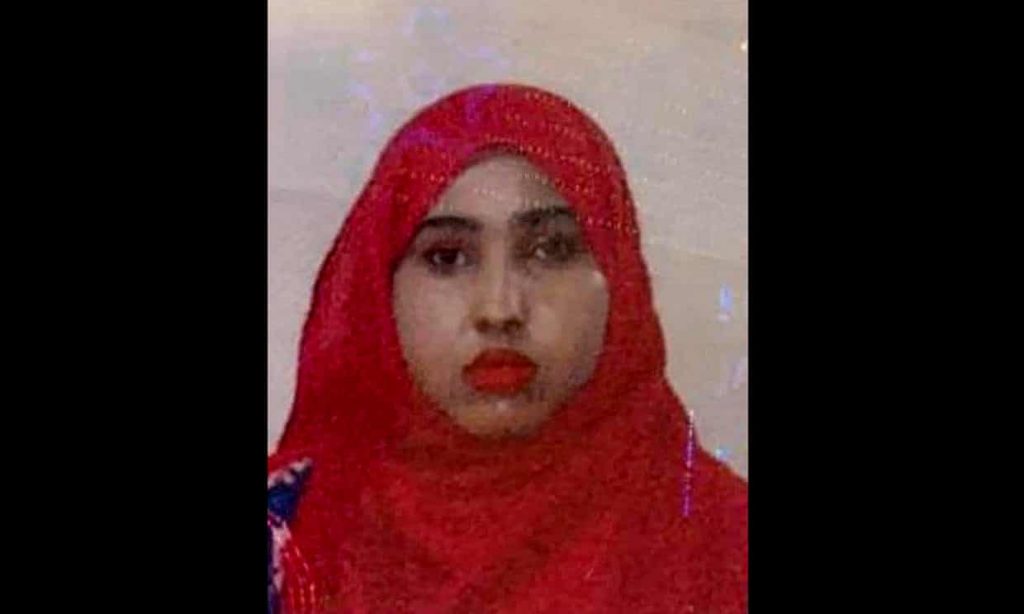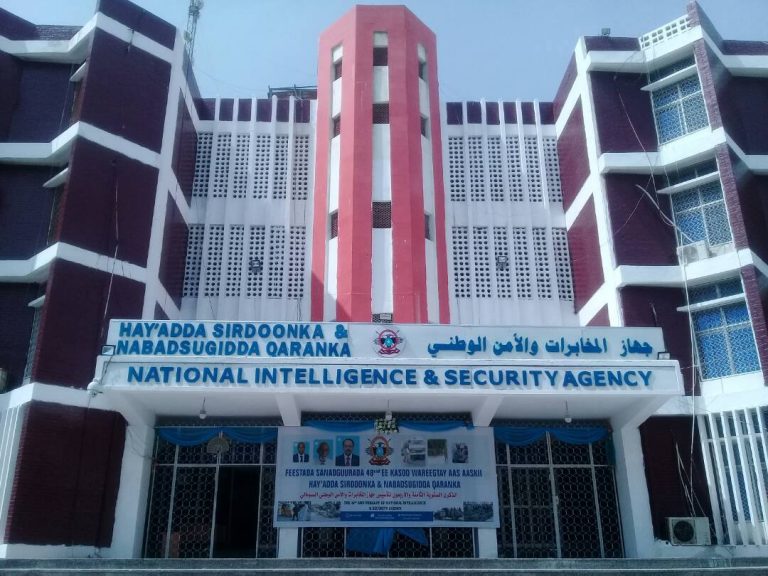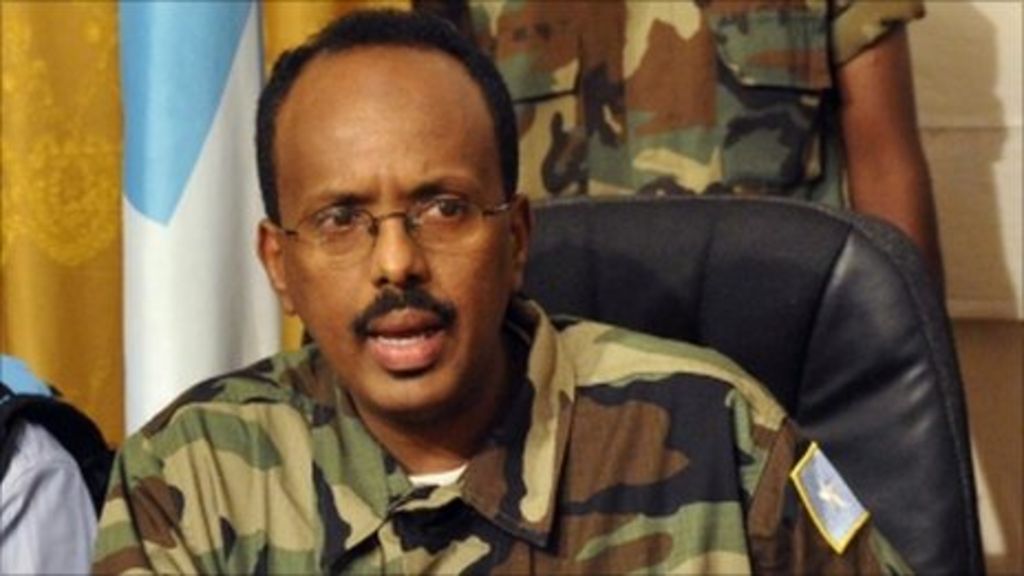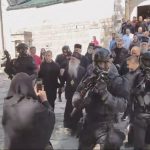A conflict between Somalia’s president and prime minister appears to be opening a power struggle between the two top leaders of the country, as it is seeking to hold elections and prevent frequent terrorist attacks.
Somalia’s President Mohamed Abdullahi Mohamed, known as Farmaajo overturned the suspension of a top spy, just hours after Prime Minister Hussein Roble gave him marching orders.
Fahad Yassin was a former Al-Jazeera journalist with a background in some of the same radical groups he has promised but failed to fight. According to Abdullahi Mohamed Ali, a previous NISA chief, Yassin had at his disposal Qatari cash which he used to place Farmaajo in office.
Yassin was shown the door over last weekend for mishandling the recent disappearance of a spy agent Ikran Tahlil Farah, who the National Intelligence and Security Agency (NISA) later admitted was murdered by Al-Shabaab militants. Her captors tortured and murdered her.
Tahlil’s mother has publicly rejected the claim, accusing NISA of being behind the disappearance and saying the last time she spoke to her daughter she said she had been told to report to the office.
Somalis suggest the motive for Ikran’s murder was her knowledge of Farmaajo’s illegal transfer of Somali recruits for training in Eritrea from where Eritrean dictator Isaias Afwerki deployed them into Tigray in support of his and Ethiopian Prime Minister Abiy Ahmed’s genocidal campaign against the province.

Al-Shabaab also released a statement in which the jihadist group distanced itself from her killing. PM Roble, expressed dissatisfaction with the spy agency’s findings that she had died at the hands of the terror group, and asked NISA to deliver to his office a full report on the case.
Yassin had been suspended as director-general of NISA by PM and replaced with his deputy Bashir Mohamed Jama alias Bashir Gobe (the Director-General of the Somali Agency for Construction and Development and former NISA’s head in 2013-2014). But Farmaajo cancelled the PM’s order, and reinstated Yassin Haji Dahir, close ally of the President.
Mr Roble accused Farmaajo of jeopardising the investigation into 25-year-old Tahlil’s disappearance. The presidency asked the spy boss to continue leading the agency as per the presidential decree through which he was appointed.
So, the case is centered on the apparent disagreement between President Farmaajo and PM Roble. This incident is the second time in a month that PM Roble has publicly differed with Farmaajo. In August, the premier defied Farmaajo’s decree banning any government agreements with foreign entities until after elections. Mr Roble countered by saying the executive arm of government must continue working even during elections. He later made a trip to Kenya where he agreed to normalise relations with Nairobi by activating the Joint Commission on Cooperation.
On May 1, President Farmaajo delegated PM Roble to lead the election process and its related security matters. Elections in Somalia follow a complex indirect model, whereby state legislatures and clan delegates pick lawmakers for the national parliament, who in turn choose the president.
Transitional clauses in the Provisional Constitution give the Prime Minister overall control over the government, especially the Council of Ministers.
But Somalia’s lack of strong courts to help interpret the law has led to political leaders interpreting it as they wish.
The President and his Prime minister could weaken cooperation between federal government institutions.
In July, Reports from Mogadishu indicated that Fahad Yassin, the Director of NISA and a close confidant of Farmaajo, reinstated the two officers after Prime Minister Roble sacked Abdullahi Kulane and Abdiwahab Sheikh citing their continued display of disrespect to civilians. Yassin has reinstated them albeit in different positions. Kulane would now work as NISA’s Political and Security Assistant while Sheikh’s is to continue serving the spy agency as the Director of Planning and Technology.
Kulane had been the Deputy Director of NISA prior to his dismissal. Sheikh served as the spy in charge for NISA at the Aden Adde International Airport in Mogadishu.
The developments are happening at the noon of elections for 19 remaining seats in the upper house of Parliament and 275 members of the lower house. The tiff between two top leaders will make the work of Somali security agencies and their international partners very hard. It also damages the legitimacy of the state building process in the eyes of the Somali people and international partners, as well.
That appears to be another tactic by Farmaajo to restore power, whose term in office has ended and he has publicly handed over responsibility for security to Roble.
Yassin will likely push back against Roble.
Yassin has sought to organize a triumvirate between Abiy, Isaias, and Farmaajo in which each would support the other at the expense of democracy. That all three are quick to resort to military force against their domestic opponents, destabilize the Horn of Africa, and are captive to Turkish, Qatari, and/or Chinese interests bodes ill for the region’s stability.
Yassin and Farmaajo may believe Somalia’s future rests in a Siad Barre-like dictatorship, but that would be a prescription for chaos.






